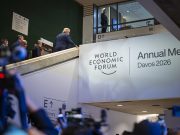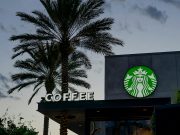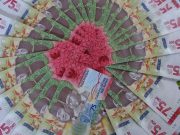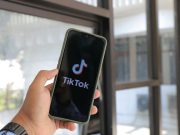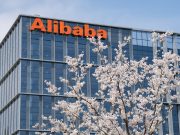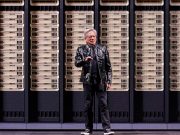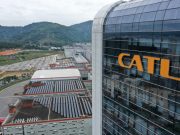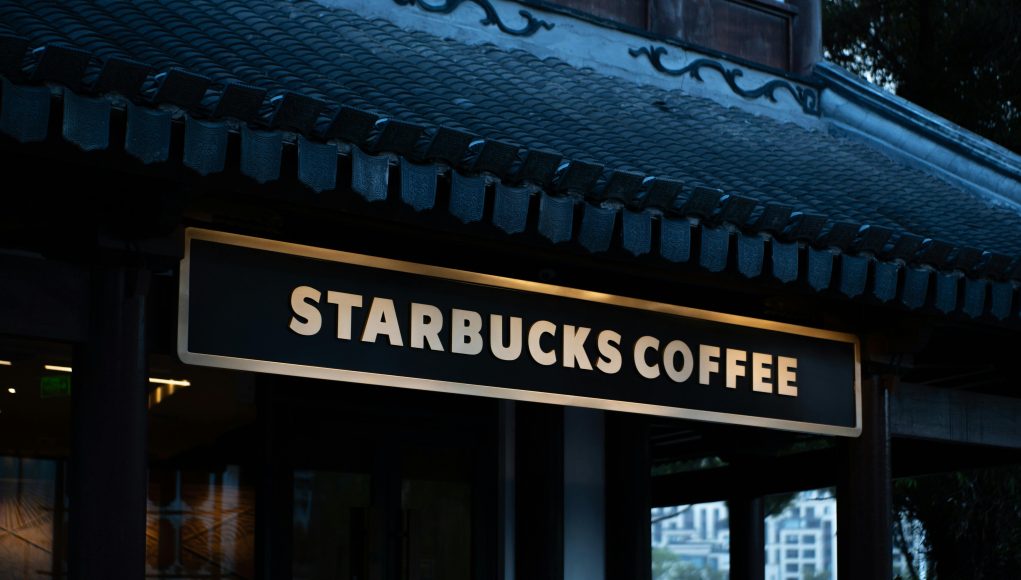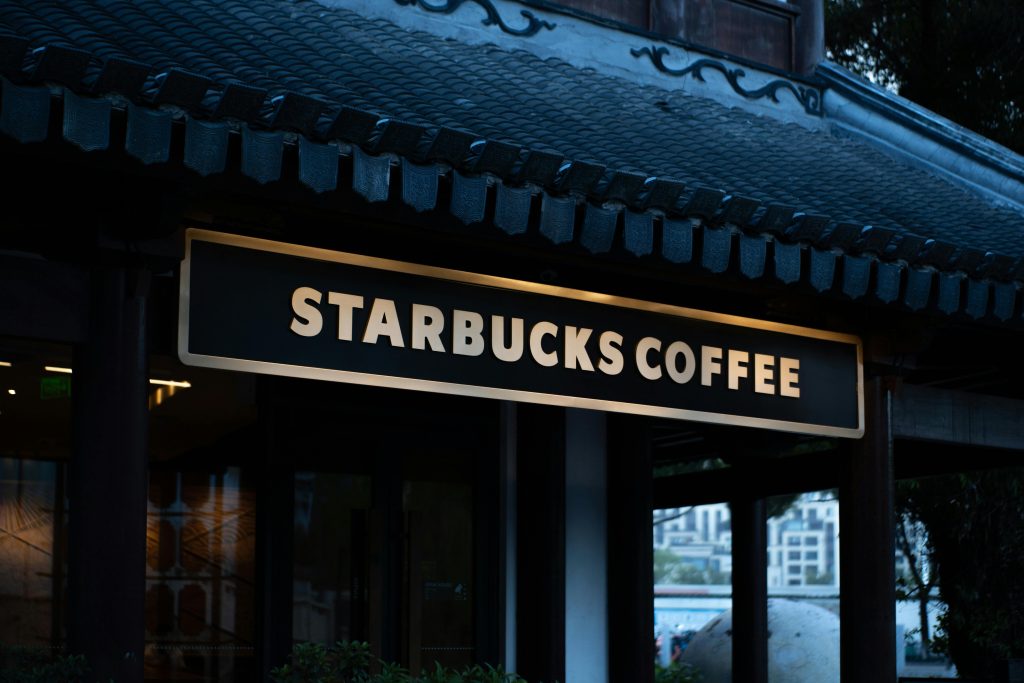
(Singapore, 04.11.2025)Private equity giant Boyu Capital is seeking about $1.4 billion in loans from Chinese banks to finance its purchase of a majority stake in Starbucks Corp.’s China operations, marking one of the largest leveraged buyouts from China this year.
According to people familiar with the talks, Chinese lenders are expected to lead the financing, which could be structured as an onshore yuan-denominated loan. Discussions are still ongoing, and the terms could change depending on market conditions and regulatory approvals.
The financing move comes after Starbucks confirmed plans to sell control of its China retail business to Boyu Capital in a deal worth $4 billion. The transaction represents one of the most valuable sales of a China-based unit by a major global consumer brand in recent years — and a strategic pivot for the Seattle-based coffee giant as it faces mounting challenges in its second-largest market.
According to Bloomberg News, Starbucks and Boyu will set up a joint venture to run Starbucks’ retail business across mainland China. Boyu will own as much as 60%, while Starbucks keeps a 40% stake, along with control of its brand, intellectual property, and ongoing licensing income.
Starbucks said it expects the total value from the sale, retained stake, and brand licensing over the next decade to exceed $13 billion. The company’s shares rose about 3% in after-hours trading following the announcement, signaling investor optimism that the deal could help improve returns and reduce exposure to risks in China.
If completed, the financing for Boyu’s buyout would rank among the largest leveraged acquisition loans in Asia this year, joining a growing list of major M&A-related borrowings in the region. Other recent transactions include JD.com’s proposed takeover of Germany’s Ceconomy AG and HongShan Capital’s €475 million loan to fund its purchase of Marshall Group AB.
Why Starbucks Is Selling
Starbucks has long been seen as a foreign success story in China, where it opened its first store in Beijing in 1999 and went on to build an empire of about 7,800 outlets across more than 250 cities. For years, it dominated the market and shaped China’s café culture.
However, the landscape has changed dramatically. The rise of homegrown competitors such as Luckin Coffee and Cotti Coffee — which offer cheaper drinks and focus on takeaway and delivery — has eroded Starbucks’ market share, which plunged to 14% in 2024 from 34% in 2019, according to Euromonitor International.
Facing a slowing economy and increasingly price-sensitive consumers, Starbucks has struggled to balance brand image with competitive pricing. The company has experimented with price cuts on non-coffee beverages and rolled out localized menu innovations, such as tea-based drinks and seasonal offerings tailored to Chinese tastes.
Analysts say Starbucks is right to avoid a full-blown price war with local rivals. Instead, they suggest the brand focus on its core identity — as a premium coffeehouse where people meet, relax, and work — rather than compete purely on cost.
Meanwhile, Luckin Coffee has surged ahead with over 20,000 outlets, more than double Starbucks’ footprint, though most of Luckin’s stores are smaller and designed primarily for takeaway.
Strategic Rationale
The partial divestment allows Starbucks to stay invested in China while sharing financial and operational risks with a local partner that understands the market. Analysts see the partnership with Boyu — which has deep experience in consumer and retail investments — as a move that could help rejuvenate Starbucks’ China business through better local execution and capital support.
Starbucks’ 2024 annual filing had already flagged “escalating U.S.-China tensions” as a major risk factor, citing concerns over tariffs, boycotts, and political sensitivities that could affect its operations. By ceding control to a Chinese firm, Starbucks may also mitigate regulatory scrutiny and align more closely with Beijing’s preference for local ownership in key consumer sectors.
This approach mirrors what McDonald’s did in 2017, when it sold a majority stake in its China and Hong Kong operations to a consortium led by CITIC Ltd. That partnership has since been widely seen as a success story in adapting a Western brand to China’s fast-changing market.
Who Is Boyu Capital?
Founded in 2010, Boyu Capital is one of China’s best-known private equity firms, backed by Alvin Jiang, grandson of former Chinese president Jiang Zemin. The Hong Kong-based firm focuses on investments across consumer and retail, financial services, healthcare, and technology sectors.
Boyu has a track record of partnering with global brands and helping them expand in China’s domestic market. The firm was reportedly among several major private equity players — including Carlyle Group, KKR, EQT AB, Hillhouse, FountainVest, and Primavera Capital — that were invited to bid for the Starbucks stake earlier this year.
Boyu’s ability to secure financing and finalize the Starbucks deal would further cement its position as a leading Chinese investor in the global consumer space.
Despite rising competition, Starbucks’ comparable-store sales in China grew 2% in the quarter ending June 29, 2025, showing signs of stabilization. The partnership with Boyu could inject fresh momentum — combining Starbucks’ brand strength with Boyu’s local insight and financing power.
If successful, the deal could serve as a template for other Western consumer brands reassessing their China strategies amid shifting economic conditions and geopolitical risks.
For Starbucks, it marks the start of a new chapter in China — one where local partnership may be the key ingredient for global growth.



